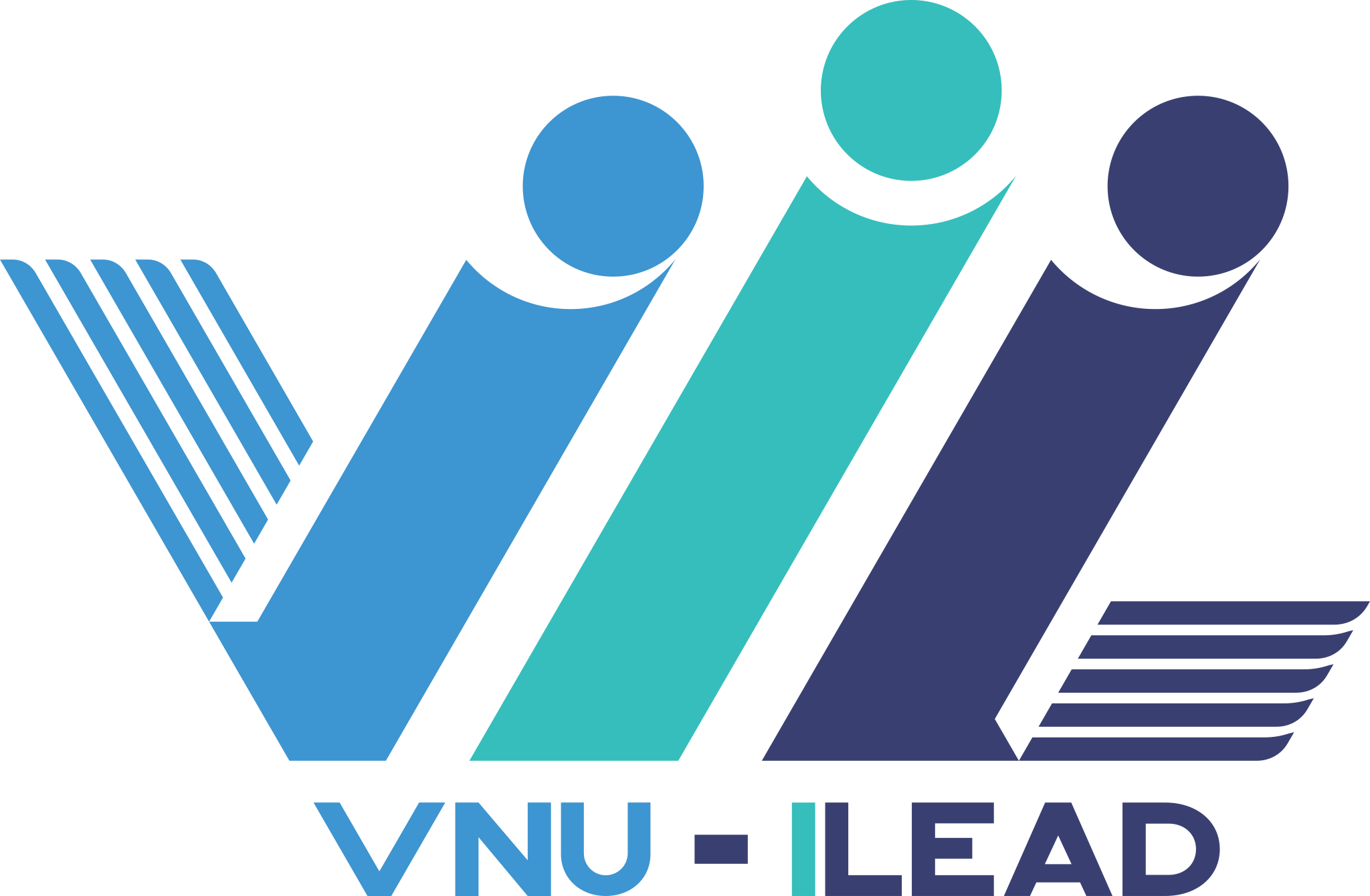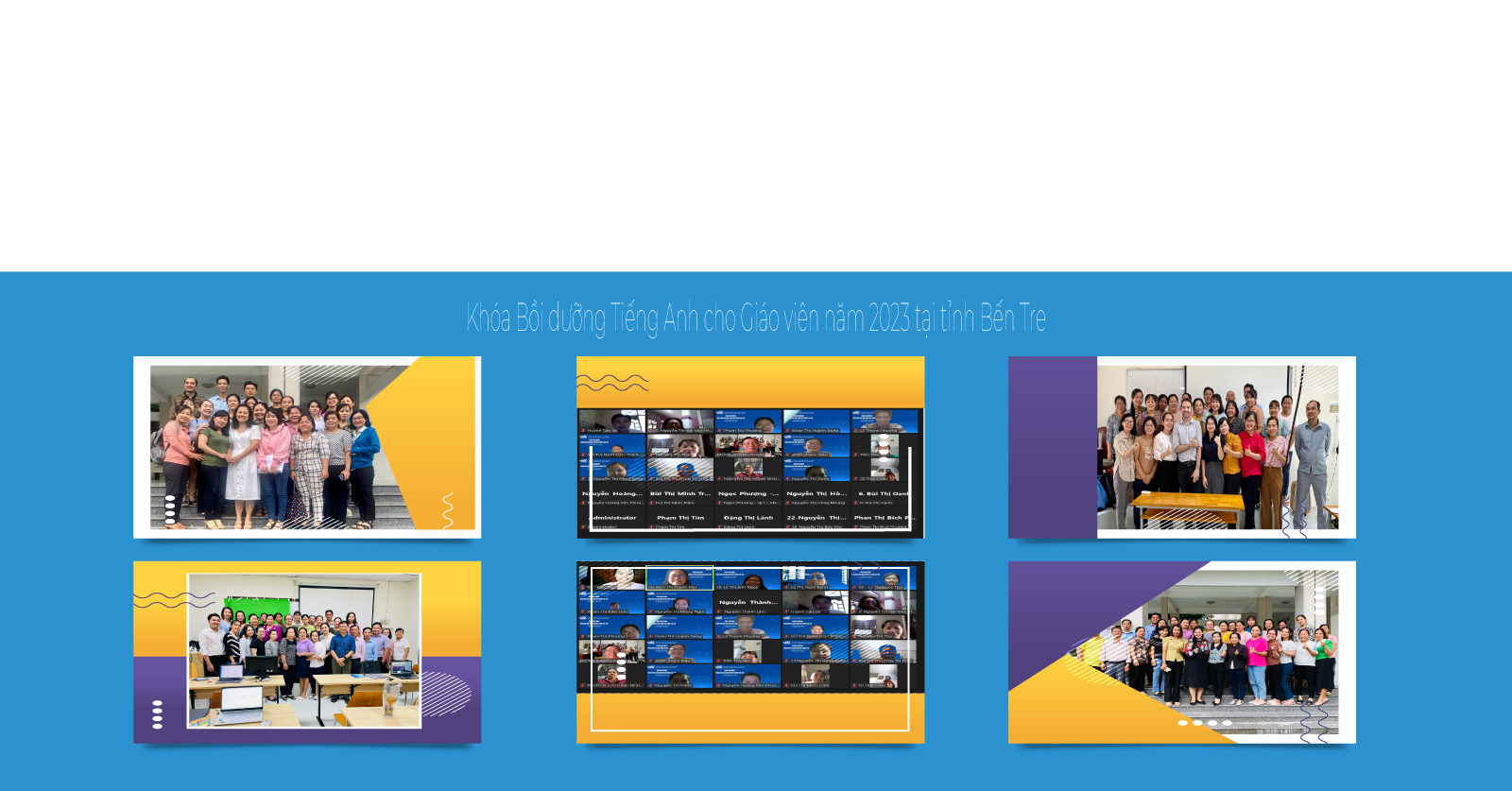Master of Informatics – University of Bordeaux France
• Country: France
• City: Bordeaux
• Founded in: 1441
• University of Bordeaux was ranked among Top 8 Best Universities in France.
• It was ranked among Top 151 – 200 World Best Universities.
More details
-
Graduated university with a Bachelor’s Degree in the field or in relevant fields (i.e. Information Technology, Science and Technology); or is working in the field and has at least 2 years of work experience (please contact IEI for more details).
-
English proficiency:
Qualification of CEFR level B2 or equivalent.
If applicant is a foreigner, they will be interviewed by a representative from University of Bordeaux
-
Estimated total tuition fee: 148.000.000 VND.
-
Scholarship: every year, IEI offers a number of scholarships that carries a value up to 50% of tuition fee per award for highly potential students with excellent academic records.
-
Graduation Requirements:
Completing the program and achieving 120 credits in total.
Once students have met the graduation requirements, they will be awarded the certificate mentioned below.
-
Certificate:
Type: the French master’s certificate
Awarded by: University of Bordeaux, France
The awarded certificate is recognized as equal value to that of the Vietnamese.
DEGREE PROGRAM
+ Year 1 Modules
This course gives the student the knowledge about standard data structures and algorithms on trees and graphs. It presents advanced data structures (heaps, self-balanced binary trees…) and complexity analysis of recursive algorithms. Graph algorithms (traversal, topological sort, shortest paths, flows…) are also detailed.
Furthermore notions of calculability and an introduction to the theory of Complexity (polynomial reductions, P and NP classes) are studied.
This course focuses on various aspects of database management systems (BDMS) and their design.
It presents a wide range of topics such as alternatives to relational databases, the design of databases without anomalies or redundancy, the concurrent access to a database, how to deal with failures, deductive databases, object-oriented databases and the use of XML and Xquery for the management of semi-structures data.
The first objective of this course teaches the advanced concepts of object-oriented programming: inheritance, delegation, generic classes, exceptions, …
The second objective is to cover some other aspects of programming such as man/machine interface, unit tests, threads …
The Internet of Things is the next technological revolution. IoT makes it possible to extend the Internet to all objects of the physical world that until now was disconnected from the digital world. It opens new opportunities and perspectives: it is an area of rapid growth and a huge opportunity. Indeed, all everyday objects will be potentially connected: it goes from televisions, watches, cars, bicycles, clothing, heating system, to buildings, etc. The peculiarity of IoT is to have a multidisciplinary cross-cutting impact, and in fact, the IoT affects many industrial sectors such as aerospace, aviation, telecommunications, agriculture, health, automobile, railway, building, energy, city, home automation, smart environments (ie, smart space, smart building, and smart city).
In this context, this course aims to provide the foundations for designing and building connected objects. In particular, it covers the key principles and tools to achieve this aim. It addresses embedded systems, the Raspberry Pi Platform, and the Arduino environment for building devices that can control the physical world. Each student will be given an ESP32 microcontroller with wireless network interface enabled. Students will have the opportunity to design completely their own IoT device with a range of hardware and electronics components. Further, the different software frameworks dedicated to IoT will be studied to design complex and connected IoT applications. Security risks related to IoT devices will also be introduced.
This course presents basic notions of Formal Language Theory and its application to compilation. It focuses on basic constructions of grammars, automata and regular expressions, and details the proofs and definitions by induction on the length of words or the structure of a regular expression. Applications on compilation cover all questions of translation from one language to another. It will present practice of various aspects of compilation and application of classical algorithms for code optimization.
The goal of this course is to understand how an operating system is working, combining the evolution of the computer architecure on one side, and the constraints from applications on this other side.
The Internet of Things is the next technological revolution. IoT makes it possible to extend the Internet to all objects of the physical world that until now was disconnected from the digital world. It opens new opportunities and perspectives: it is an area of rapid growth and a huge opportunity. Indeed, all everyday objects will be potentially connected: it goes from televisions, watches, cars, bicycles, clothing, heating system, to buildings, etc. The peculiarity of IoT is to have a multidisciplinary cross-cutting impact, and in fact, the IoT affects many industrial sectors such as aerospace, aviation, telecommunications, agriculture, health, automobile, railway, building, energy, city, home automation, smart environments (ie, smart space, smart building, and smart city).
In this context, this course aims to provide the foundations for designing and building connected objects. In particular, it covers the key principles and tools to achieve this aim. It addresses embedded systems, the Raspberry Pi Platform, and the Arduino environment for building devices that can control the physical world. Each student will be given an ESP32 microcontroller with wireless network interface enabled. Students will have the opportunity to design completely their own IoT device with a range of hardware and electronics components. Further, the different software frameworks dedicated to IoT will be studied to design complex and connected IoT applications. Security risks related to IoT devices will also be introduced.
Le Francais general pour une communication de base;
Niveu élémentaire, Compréhension orale + Expression orale;
Compréhension écrite + Expression écrite
+ Year 2 Modules
Modern day web applications include a server-side with database operations and a client-side for handling and displaying information that comes from this database. In order to achieve this, a stack (or a bundle of frameworks) can be used. The objective of this course is to understand the concepts behind client/server web programming using the MEAN (MongoDB, Express, AngularJS, NodeJS) stack.
Detailed program :
– overview of the MEAN stack with some examples;
– the basis : Javascript as a scripting and a programming langage;
– how does a stack work, the application on MEAN;
– data operations using a NoSQL database : MongoDB;
– using a middleware : Express;
– notions of front-end and back-end, the client side : AngularJS;
– on the server side : NodeJS.
– Overview of other JS frameworks : ReactJS, …
The main Data Mining techniques will be addressed during this course. More precisely, association rules, classification (or, supervised learning) and clustering (or, unsupervised learning). The main objective for the students is (i) to be able to identify which kind of knowledge (association vs classification model vs segmentation) is needed depending on the practical problem they are faced and (ii), the pros and limitations of each technique. Practical exercises will be performed using free software like Weka or Rapidminer.
Training objectives:
– The design of systems and software can be made more reliable through the use of formal methods. The course is a pragmatic approach to the formal design from case studies and proven techniques: proof, refinement and model checking.
Acquired skills :
– Capacity of abstraction of system’s behaviors (hardware and software) for verification of functional and / or dysfunctional properties.
– Capacity of abstraction and logical reasoning about data, instructions and sequences of instructions in order to prove software correctness.
Mastering the design of distributed software architectures, based on the object programming paradigm.
Discovering the various steps in the analysis, design and development of information systems. Emphasis is on reusability and extend ability.
This course gives an overview of the main design patterns, classical or more specific, used in the design of distributed software architectures, either in the design of AP I s or f or the design of software components.
The goal of this course is to give students an overview of development methods used in the software industry, of the situations in which these methods apply, and the pros and cons of each of them .
Different types of software, and influence of the software type on the available choices for development methods (graphical application, library, realtime system , etc).
In depth study of an agile method. Notions of responsility, test-driven development, tandem programming, usage scenarios.
After taking this course, students must be able to select a development method from those in use in the software industry, depending on the type of application to be developed (graphical application, information system, real time software, etc), the acceptable rate of flaws in the final product, and the relationship between provider and client
After an introduction to the bibliographic research, students have to realize critical reading of scientific articles, writing a scientific summary and make an oral presentation.
From 4 to 6 months internship. It can be realized either in a company or in research laboratory.


